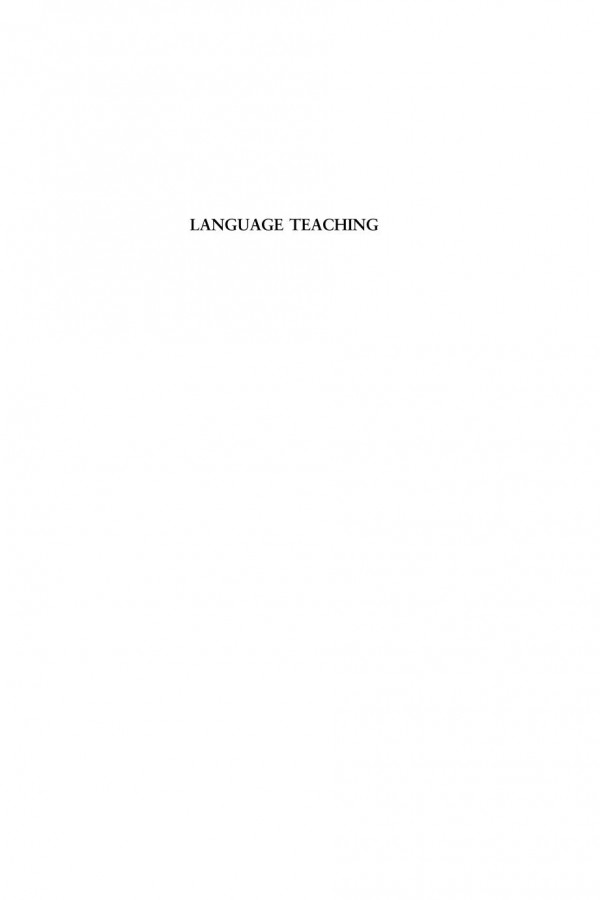

Most ebook files are in PDF format, so you can easily read them using various software such as Foxit Reader or directly on the Google Chrome browser.
Some ebook files are released by publishers in other formats such as .awz, .mobi, .epub, .fb2, etc. You may need to install specific software to read these formats on mobile/PC, such as Calibre.
Please read the tutorial at this link: https://ebookbell.com/faq
We offer FREE conversion to the popular formats you request; however, this may take some time. Therefore, right after payment, please email us, and we will try to provide the service as quickly as possible.
For some exceptional file formats or broken links (if any), please refrain from opening any disputes. Instead, email us first, and we will try to assist within a maximum of 6 hours.
EbookBell Team

4.1
50 reviewsHow can theories of language development be understood and applied in your language classroom?
By presenting a range of linguistic perspectives from formal to functional to cognitive, this book highlights the relevance of second language acquisition research to the language classroom. Following a brief historical survey of the ways in which language has been viewed, Whong clearly discusses the basic tenets of Chomskyan linguistics, before exploring ten generalisations about second language development in terms of their implications for language teaching. Emphasising the formal generative approach, the book explores well-known language teaching methods, looking at the extent to which linguistic theory is relevant to the different approaches. This is the first textbook to provide an explicit discussion of language teaching from the point of view of formal linguistics.
Key features